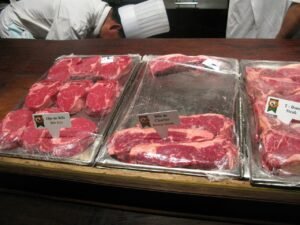
Review of Halal Food
Nature has blessed human being with plenty of resources to meet their needs. He has been given options to utilize those resources rightly or wrongly.

Nature has blessed human being with plenty of resources to meet their needs. He has been given options to utilize those resources rightly or wrongly.

Concerns in the Muslim community that the Halal products they are buying are not properly certified leading to many purchasing fake labelled products without knowing it.
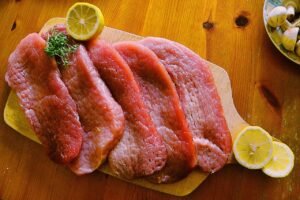
The figures are impressive: There are about 800,000 Muslims in Canada—a number that’s expected to jump to roughly 1.2 million by the end of the decade.
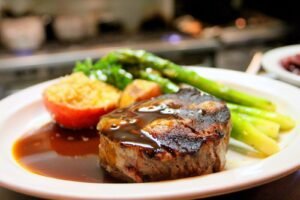
Most Muslims consider chicken — like beef, veal and lamb — to be halal provided the meat is from ritually slaughtered animals.

A Muslim not-for-profit organization says that even though meat might be advertised as halal, that doesn’t ensure it is slaughtered according to Qur’an guidelines.

Religious certification is a job provincial and federal agencies stay away from. That has paved the way for self-regulating certification agencies.

The imam (Muslim clergyman) of a local masjid (mosque) will soon be ready to certify both slaughterhouse and in-store meat products as halal permissible—to eat.

Canada’s halal meat business is booming – but are Muslims getting what they pay for?

Halal rules govern how food is prepared in accordance with Islamic theology, and it’s a lucrative business.
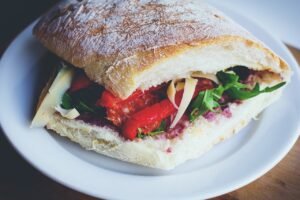
Consuming halal is an order of Allah and an essential part of the Islamic faith. Allah has repeatedly emphasized the consumption of halal in His book.

Eid ul Adha is a festive day for Muslims throughout the world and is celebrated on the tenth day of Zhul-Hijjah (the final month of the Islamic calendar).
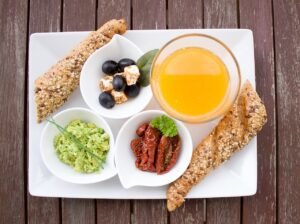
Marketing of products and services in the Muslim countries presents a very challenging task to multinational companies (MNC) due to the difference in political, economy and socio-cultural aspects.

Halal is an Arabic term in Islam which means permissible, allowed. Its antonym is Haram.According



































